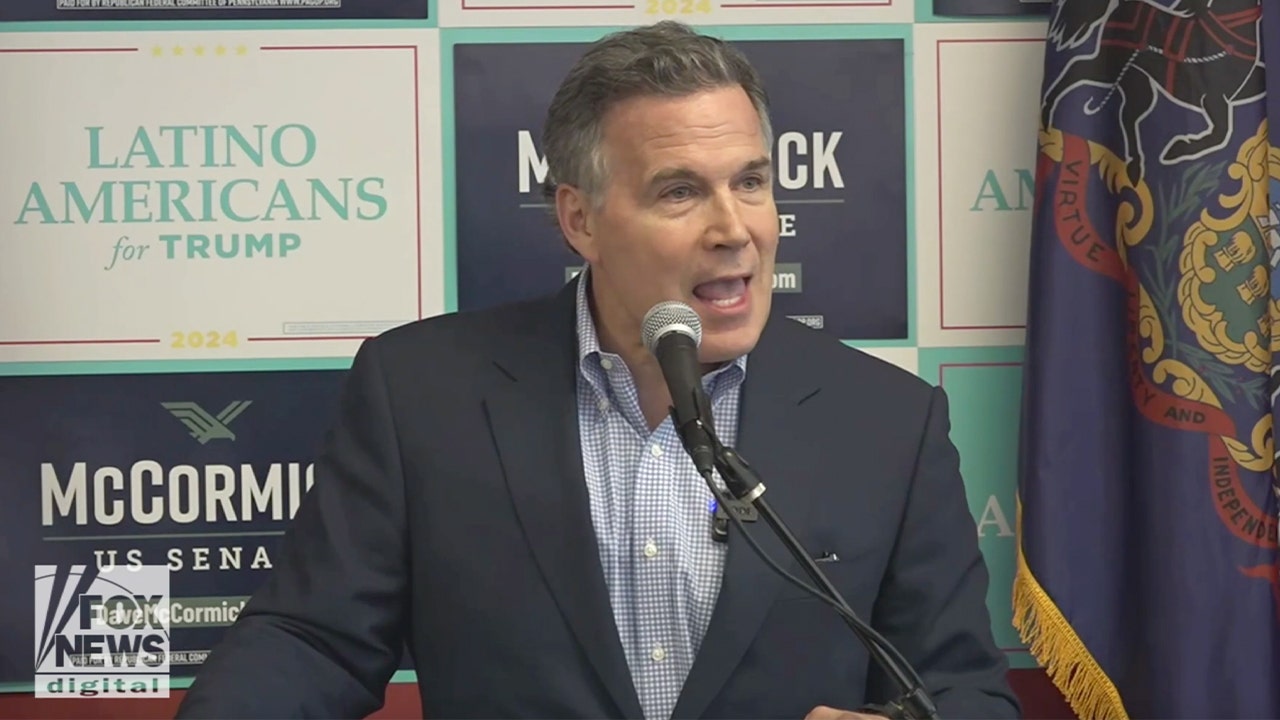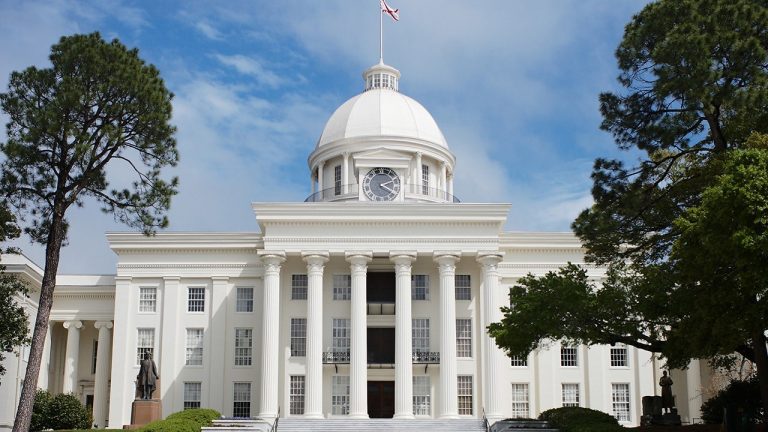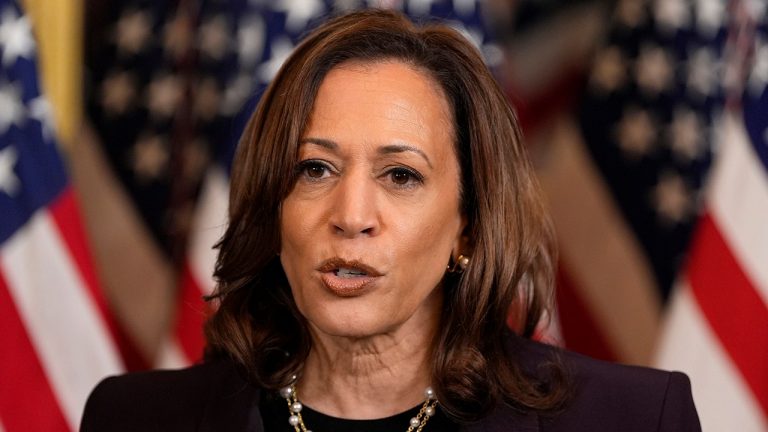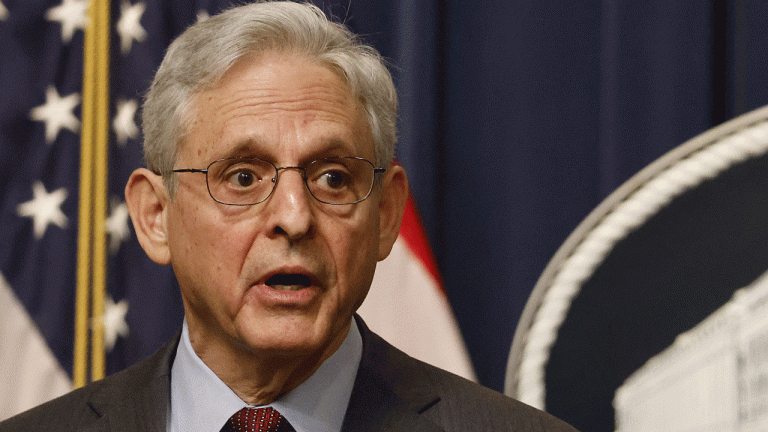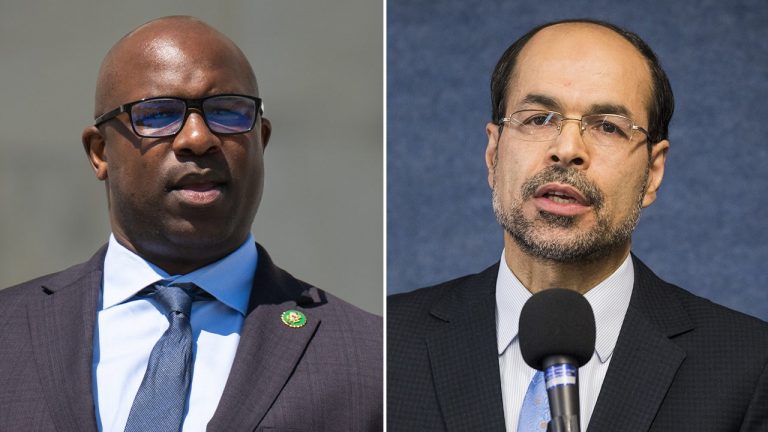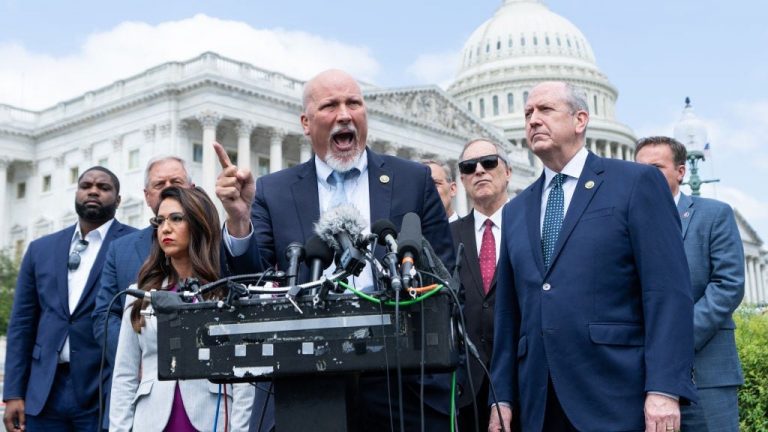Republican Senate candidate in Pennsylvania visits natural gas plant, while Vice President Harris shifts away from criticizing fracking.
President Biden’s unexpected decision to suspend his re-election campaign and endorse Vice President Harris took the political world by storm last Sunday. This move had a ripple effect on down-ballot races, notably in Pennsylvania, where U.S. Senate candidate Dave McCormick seized the opportunity to contrast his energy policies with Harris’ previous statements on fracking.
McCormick wasted no time in shifting his campaign focus towards Harris, hoping to secure Sen. Bob Casey’s seat and aid in Republicans’ efforts to regain control of the Senate. He released an ad criticizing Harris as the “most liberal presidential nominee in U.S. history” and highlighted her past anti-fracking comments. The ad is set to air during the Olympics in key Pennsylvania markets.
Former President Trump, a staunch advocate of American energy independence, also joined the chorus of criticism against Harris, pointing to her past remarks on banning fracking. Harris and her campaign have since clarified her position on the matter, attempting to address the backlash.
McCormick, aligning himself with Trump’s pro-energy stance, criticized the Biden-Harris administration’s energy policies, emphasizing the need for a more balanced approach that prioritizes American interests over dependence on foreign sources.
Harvey, a supporter of tailored energy regulations based on the specifics of each operation, highlighted the disconnect between federal mandates and the practical realities faced by Pennsylvania’s energy sector. He emphasized the importance of understanding local dynamics to craft effective energy policies.
McCormick’s “Keystone Agenda” aims to unleash Pennsylvania’s vast energy potential by rolling back existing restrictions on gas and oil projects, promoting diverse energy production methods, and leveraging natural resources to enhance national security and energy independence. He criticized Casey for his stance on regulations, arguing that it hinders Pennsylvania’s energy development.
Meanwhile, the Casey campaign reaffirmed the senator’s support for responsible fracking and highlighted his voting record against fracking bans, seeking to counter the narrative pushed by McCormick and his allies.
As the energy debate continues to shape the political landscape in Pennsylvania, voters are presented with competing visions for the state’s energy future. The clash between McCormick’s pro-energy platform and Harris’ evolving stance on fracking underscores the importance of energy policy in the upcoming elections.


